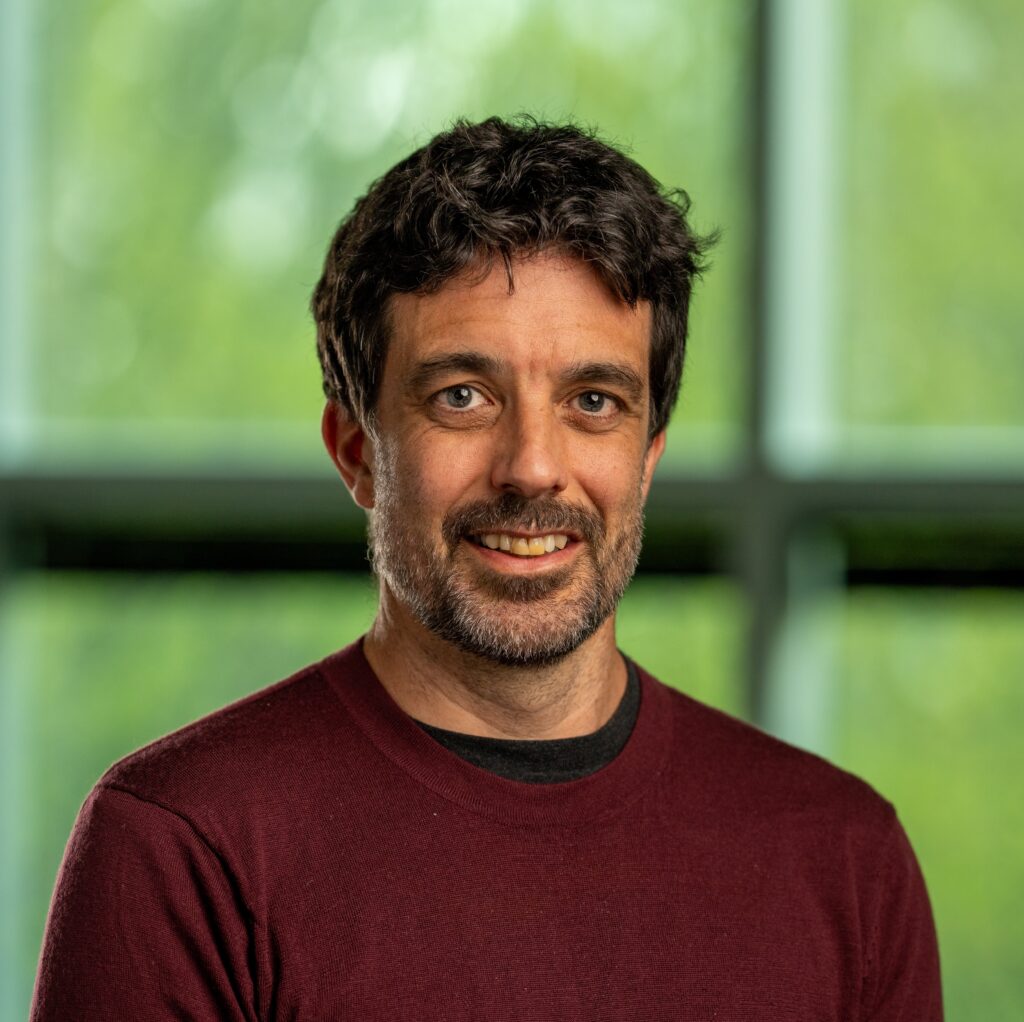
Partnerships & Applications Workshop
June 26-27, 2025, University of Oregon Portland Northeast Campus, Portland, OR
SAVE THE DATE: 25-26 JUNE, 2026
2026 Partnerships & Applications Workshop: University of Oregon, NE Portland Campus
Workshop Goals

A forum for inter-organizational connection and collaboration around Cascadia seismic research and resilience
Following the first iteration of this workshop in June 2024, this two-day* event is designed to explore the emergent challenges and needs of the multi-disciplinary community involved in earthquake hazard study and mitigation in the Pacific Northwest. A mix of CRESCENT research updates, community presentations, and facilitated discussion sessions will address the following themes:
- Science communication
- Emergency preparedness and response
- Data availability and access
- Resource limitations
We encourage participation of representatives from across the spectrums of research, practice, policy and community organizations.
*The afternoon of day 2 includes an optional off-site field trip coordinated with the Pacific Northwest Chapter of the National Association of Geosciences Teachers (NAGT).
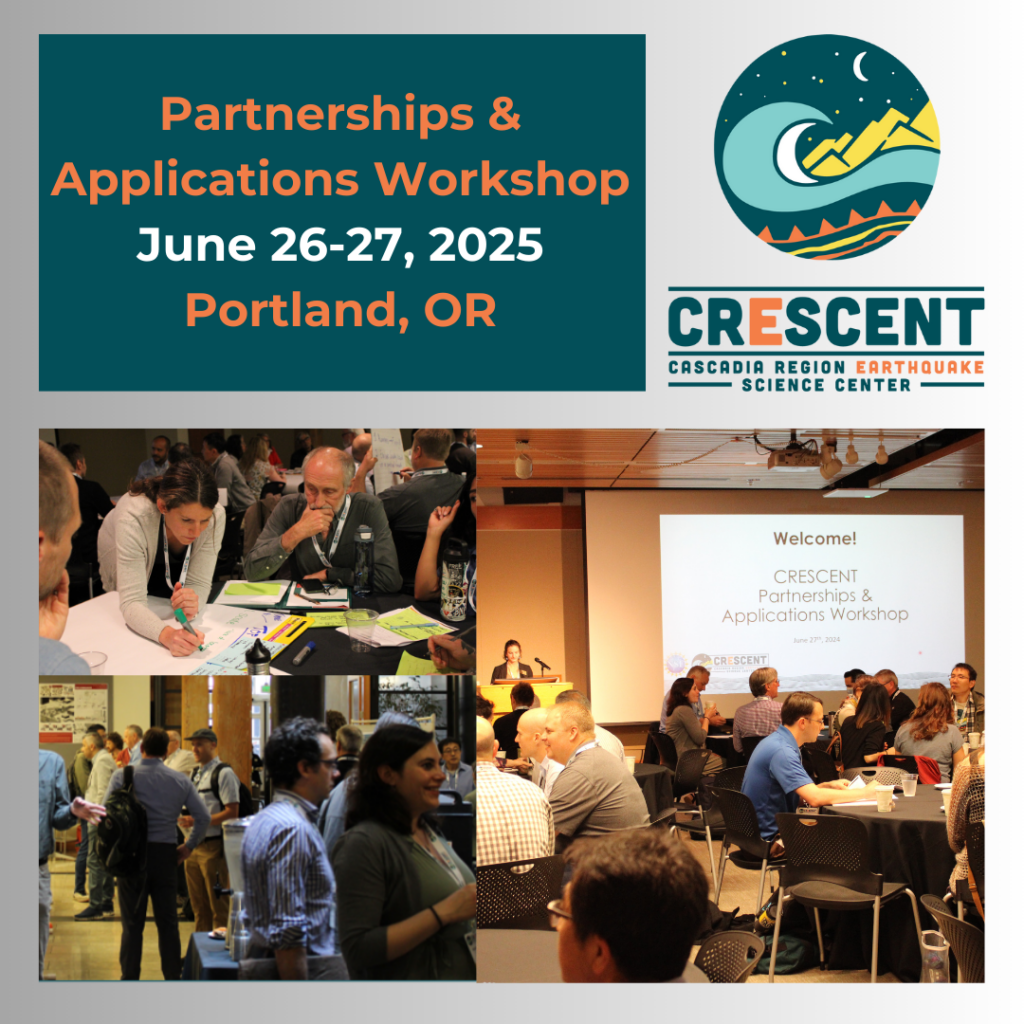
Meeting Resources

Note-taking Documents
Presentation Recordings
To see chapter headings and skip to presentations of interest please open the embedded videos in YouTube:
Day 1: https://www.youtube.com/watch?v=OsD5Wa9TXZ0
Day 2: https://www.youtube.com/watch?v=xNwyanJHReM
Day 1 – presentations and discussion share-outs
Day 2 – presentations and discussion share-outs
Links to Featured Resources
Awareness/preparedness products
- ReSolve NW: “Aware and Prepared” video package, including “Stop the Spill” – focus on fuel hazards at the CEI Hub in Portland, OR
- Cascadia 9.0 Game – disaster preparedness game developed by research team at Lewis & Clark College
- Oregon Sea Grant: Tsunami Quests – clue-directed hunts teaching earthquake and tsunami safety at the coast
- OSU Extension Cascadia Earthquake Preparedness – online training course
Data dashboard
- Cascadia Lifelines Program Products and Tools – GIS tools and databases to assist resilience practitioners
- CRESCENT data viewers: Community Fault Model, Community Velocity Model, Cascadia Paleoseismology
- Washington Geologic Information Portal – interactive data portal curated by Washington DNR
- United States Geological Survey: Cascadia Subduction Zone Database – USGS dataset compilation for CSZ
Meeting Information Packet
Poster Presentations
Agenda

Notes: All times Pacific Time. Agenda is subject to change.
Thursday, June 26
8:00 – 8:30 am: Registration and coffee
8:30 – 8:45 am: Welcome and introductions
8:45 – 9:45 am: Cascadia connections exercise – mapping interorganizational connectivity and communications pathways
9:45 – 10:05 am: Break
10:05 – 11:00 am: Science to practice case studies – panel presentations and Q&A
- “From Models to Mitigation: How Tsunami Maritime Resilience Projects Provide a Safe Harbor for Partnership Discussions” presented by Daniel Eungard (Washington Geological Survey) and Elyssa Tappero (Washington Emergency Management Division)
- “Fuel Resilience in Cascadia: Bridging Science, Policy, and Practice in Oregon” presented by Mike Kortenhof (Oregon Department of Environmental Quality) and Ana Tijerina Esquino (Portland State University)
- “Community Partnerships for Understanding Landslides in Southeast Alaska” presented by Lisa Busch (Southeast Alaska Landslide Information and Preparedness Partnership – SLIPP) and Annette Patton (Oregon State University)
11:00 am – 12:00 pm: Science to practice roundtable discussion session
12:00 – 1:15 pm: Lunch (provided)
1:15 – 2:30 pm: CRESCENT working group, special interest group and seed grant presentations
Working Group presentations:
- Community Fault Model (CFM) presented by Becky Fildes (Western Washington University)
- Community Velocity Model (CVM) – plan for iterative inclusion of models presented by Pieter Share (Oregon State University)
- Coupling, Seismicity, Slow Slip (C3S) – Earthquake catalog presented by Brendan Crowell (Ohio State University)
- Dynamic rupture, Earthquake cycles, Tsunami models (DET) presented by Brittany Erickson (University of Oregon)
- Cascadia Paleoseismology (CPAL) – coseismic subsidence floodplain impacts presented by David Bruce (Virginia Tech)
Special Interest Group presentations:
- Offshore Observations presented by Jianhua Gong (Indiana University)
- Cascading Hazards presented by Ben Leshchinsky (Oregon State University)
- Ground Motion Modeling presented by Valerie Sahakian (University of Oregon)
- Cascadia Subduction Fluids presented by Pieter Share (Oregon State University)
Seed Grant presentations:
- “Cascadia Liquefaction Hazard Maps for Scenario Planning and Rapid Response: Partnering round Community Data and Mechanics-Informed AI” presented by Brett Maurer (University of Washington)
- “Enhancing interoperability between the SCEC and CRESCENT Community Fault Models” presented by Andreas Plesch (Harvard University)
2:30 – 3:00 pm: Break
3:00 – 4:30 pm: Addressing science communication challenges – workshop session
- Introductory presentation by Ellen Peters and Maxwell Ely (University of Oregon)
4:30 – 6:00 pm: Poster/digital media presentations and reception
Friday, June 27
8:00 – 8:30 am: Registration and coffee
8:30 – 8:40 am: Welcome and introduction to day 2
8:40 – 9:35 am: Addressing Cascadia earthquake scenario needs – workshop session with introductory presentations:
- “Broad needs for earthquake scenarios and the Canadian perspective” presented by Tiegan Hobbs, Geological Survey of Canada
- “Why produce earthquake scenarios?” presented by Katherine Scharer, United States Geological Survey
- “Use of earthquake scenarios for risk evaluation” presented by Albert Kottke, Pacific Gas and Electric Company
9:35 – 10:30 am: Building a Cascadia data dashboard – workshop session with introductory presentations:
- “Towards a Cascadia Subduction Zone Datahub: Framework and considerations” presented by Lydia Staisch, United States Geological Survey
- “The Washington Geological Survey Data Portal: What is it, Why do we have it, and How could it relate to CRESCENT initiatives?” presented by Megan Anderson, Washington Geological Survey
- “Cascadia Lifelines Program (CLiP): Data to the Rescue” presented by Michael Olsen, Oregon State University
10:30 – 10:45 am: Break
10:45 – 11:45 am: Addressing skills gaps, training needs and geosciences education opportunities – workshop session (in collaboration with NAGT) with introductory presentations:
- “CRESCENT and the Workforce of the Future” presented by Andrew Meigs, Oregon State University
- “A Brief Introduction to the National Association of Geoscience Teachers” presented by Daina Hardisty, Mount Hood Community College / NAGT
- “Enhancing Earthquake Risk Reduction through Professional Development” presented by Amanda McHale, Oak Ridge Associated Universities
11:45 am – 12:00 pm: Closing remarks
12:00 – 1:00 pm: Lunch (grab and go) and briefing for optional field trips
1:00 – 4:30 pm: Optional field trips (in collaboration with NAGT) – please note that spaces are limited and attendees must have pre-registered separately, and completed a waiver, to participate in a field trip.
Option 1: Seismic risk and resilience at the Critical Energy Infrastructure Hub and Port of Portland Marine Terminal
This field trip will visit sites along the Willamette River in North Portland for views of the Critical Energy Infrastructure Hub and Port of Portland Marine Terminal. Learn from subject matter experts and engage in discussion around seismic risk and resilience efforts at these locations.
Option 2: Seismic risk and resilience for critical infrastructure in NE Portland
This field trip will visit sites along the Columbia River in Northeast Portland for a close view of the Levees and Port of Portland Airport. Learn from subject matter experts and engage in discussion around seismic risk and resilience efforts at these locations.
Option 3: Models and tools for advancing community preparedness at Oregon Museum of Science and Industry (OMSI)
How can you engage your community in conversations about earthquake awareness and preparedness? Learn about event models like ShakeOut with potential to reach large number of community members, explore how tools like Raspberry Shake can support education and outreach, and get hands-on with demos that foster two-way conversations with people of diverse ages and backgrounds.
Travel & Lodging

26-27 June 2025
University of Oregon Portland Northeast Campus, Portland, OR
Venue
The 2025 Partnerships & Applications Workshop will be held at the University of Oregon Portland in the UO Portland Campus Center (located at 2823 NE Holman Street) on June 26-27, 2025.
Flights, ground transportation and parking
UO Portland NE Campus is a 15-minute drive from PDX international airport and 9 minute drive from our host hotel. Shuttles from the hotel to/from the workshop will be available – sign up at the hotel front desk at check-in if you wish to take the shuttle. If driving to the venue, please park in the parking lot on the corner of 27th and Holman – a permit is not required for this lot.
The campus is near stops on bus lines 17, 70, and 75. Routes 17 and 70 operate on 30-minute intervals from downtown Portland, and route 75 operates on 15-minute intervals from SE Portland, connecting with the MAX Blue, Red and Green Lines. Visit the TriMet website for updated schedules and to plan your rides.
For maps, directions, parking and other ground transportation information, see here.
Lodging
Radisson Hotel Portland Airport (6233 N.E. 78th Ct., Portland, OR, 97218, US) is CRESCENT’s host hotel for overnight guests. Radisson offers a complimentary breakfast, free airport shuttle, on-site restaurant and full business center.
For those booking travel independently, a preferred block rate is available. The online booking link has expired and you must contact the hotel directly at 503-408-3676 or 503-408-3675 to book a room in the CRESCENT block.
Hotel courtesy airport shuttle Info: Upon arrival at PDX, retrieve your luggage and go to Island 2, the courtesy shuttle area located outside of baggage claim. Once there, call 503-251-2000 EXT 0 and let the staff know you are ready for a pick-up. Schedule your departure shuttle back to the airport with the front desk staff when you arrive.
Hotel to workshop shuttle Info: Radisson Hotel Portland Airport shuttles will be available to and from the workshop location (UO Portland Campus Center). You must sign up in advance for these shuttles. At check-in, clipboards will be available next to the front desk for sign-ups and it is your responsibility to be at the departure location 5 minutes prior to departure time for your chosen shuttle time(s). Shuttles from the hotel depart from outside the lobby entrance. Shuttles from the venue depart from the parking lot on the corner of 27th and Holman (on the west side of the Campus Center). The shuttle will have the following schedule–reserve your spot by signing up on the clipboards next to the front desk:
- Thursday, June 26:
- Depart from Radisson Hotel Portland Airport outside lobby entrance – 7:30a, 7:45a, and 8:00a
- Return from parking lot on the corner of 27th and Holman – 6:15p, 6:30p, and 6:45p
- Friday, June 27
- Depart from Radisson Hotel Portland Airport outside lobby entrance – 7:30a, 7:45a, and 8:00a
- Return from parking lot on the corner of 27th and Holman – 12:15p
Luggage note: if you are flying out on Friday, you may store your luggage at the hotel front desk and retrieve it after returning on the 12:15 shuttle or you may bring your luggage to the workshop and a designated space at the Campus Center will be available for storage until you depart for the airport up until 4:30pm.
Workshop Planning Committee

This year’s planning committee includes representatives from agencies partnering with CRESCENT and research initiatives with a focus on local community relationships.

Valerie Sahakian
CRESCENT/University of Oregon
vjs@uoregon.edu
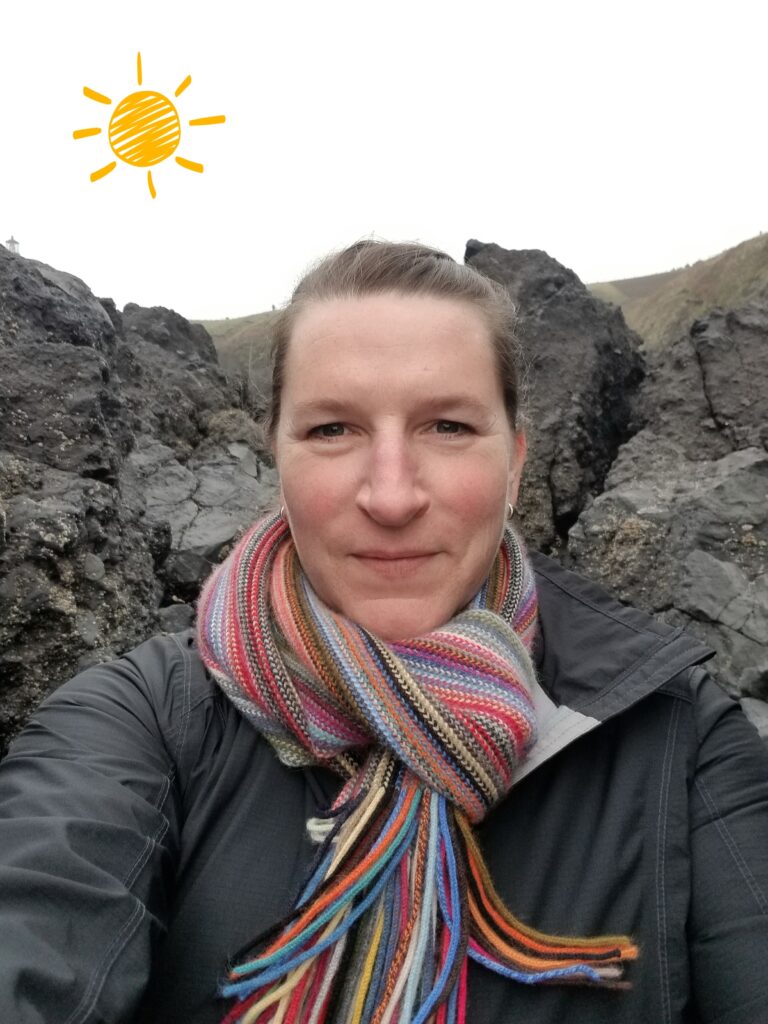
Amanda Eriksen
CRESCENT/University of Oregon
aeriksen@uoregon.edu
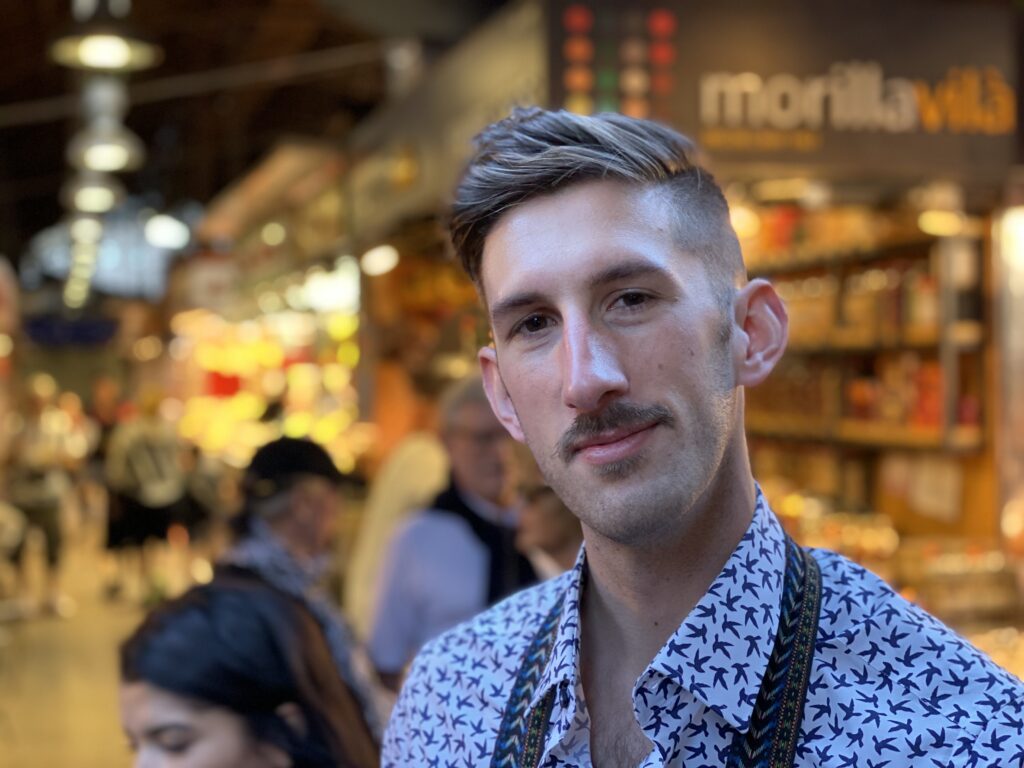
Ian Stone
US Geological Survey
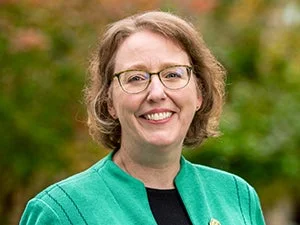
Ellen Peters
University of Oregon
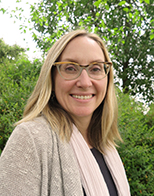
Carrie Garrison-Laney
Washington Sea Grant
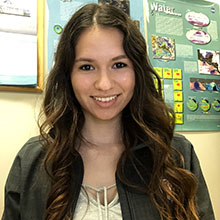
Ali Burgos
Cascadia CoPes Hub
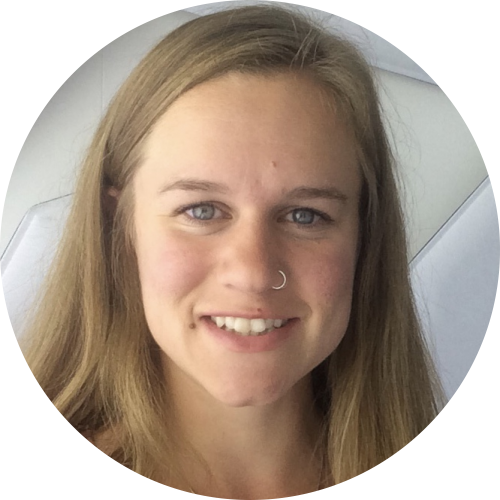
Tiegan Hobbs
Geological Survey of Canada

